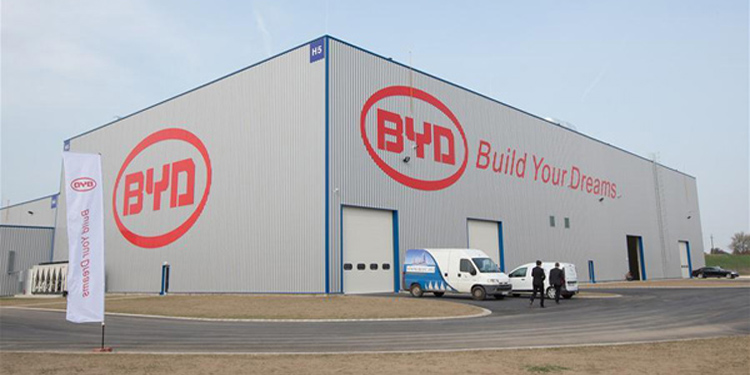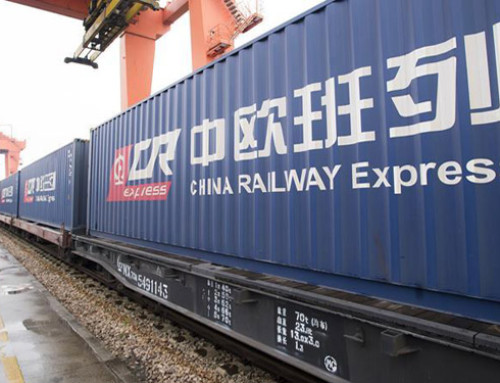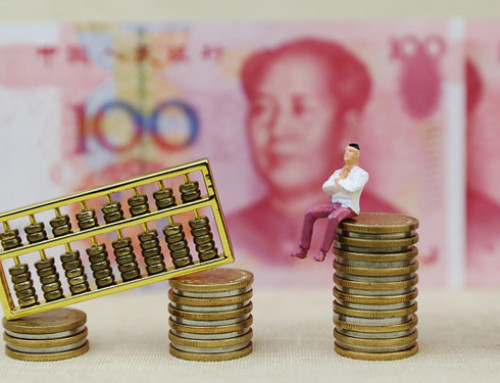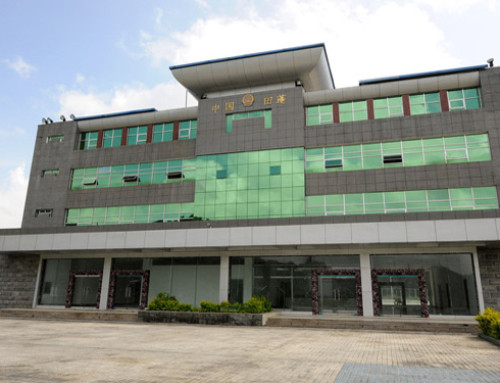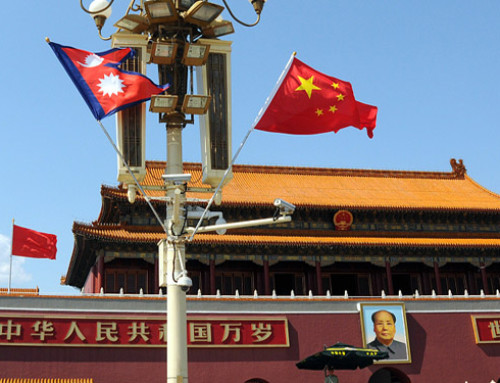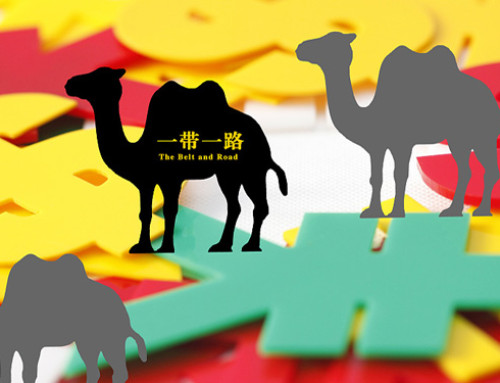BUDAPEST – As the first European country to sign a cooperation document with China on the “Belt and Road Initiative”, the economic relationship between Hungary and China has boomed in recent years.
In recent years, Hungary’s trade has grown steadily and is China’s third largest trading partner in Central and Eastern Europe. China is Hungary’s largest trading partner outside the EU.
According to Chinese statistics, in 2018, the bilateral trade volume between China and Hungary reached a record high of 10.88 billion US dollars, an increase of 7.5% over the previous year. Among them, China’s imports from Hungary were US$4.34 billion, up 6.5% year-on-year, while China’s exports to Hungary were US$6.54 billion, up 8.1% year-on-year.
China’s investment in Hungary is also growing steadily. Hungary is China’s largest investment destination in Central and Eastern Europe. China’s investment in Hungary involves various industries such as chemicals, finance, telecommunications, new energy, automotive and logistics.
In 2016, Chinese automaker BYD turned its attention to Hungary when it sought to invest in a European manufacturing plant. In September 2017, BYD’s first passenger car in Hungary was off the assembly line. In December 2018, the first electric bus prototype jointly produced by China’s rail transit equipment supplier CRRC and Hungarian automaker Icarus made its debut in the country.
BorsodChem is Hungary’s largest manufacturer of chemical raw materials and was on the verge of bankruptcy in 2009. In 2011, Chinese chemical company Wanhua acquired a 96% stake in BorsodChem, the largest investment by Central European companies in Central and Eastern Europe. Since 2014, BorsodChem has turned losses into profits and its profitability has increased year by year. In 2017, it became one of the 100 largest companies in Central and Eastern Europe.
In recent years, China-Hungary financial cooperation has continued to deepen. In April 2016, the Hungarian government successfully issued RMB 1 billion bonds in Hong Kong. In July 2017, the Hungarian government once again issued RMB 1 billion bonds in the Chinese interbank bond market. In December 2018, the Bank of China completed the listing of the RMB-linked structured notes issued by Hungary on the Budapest Stock Exchange.
Hungarian Foreign Affairs and Trade Minister Peter Szijjarto told the Xinhua News Agency in April that the country is proud to be the first European country to sign an intergovernmental cooperation agreement with China on BRI, and that the BRI is in line with the Hungarian government’s “open to the east” policy. Added that Hungary is working hard to achieve tangible benefits by combining BRI with policy.
“We respect Chinese investors and Chinese companies because they contribute to the success of the national economy,” he said. “They brought technology to the Hungarian economy and helped us enter the new digital age of the global economy,” the minister said.



